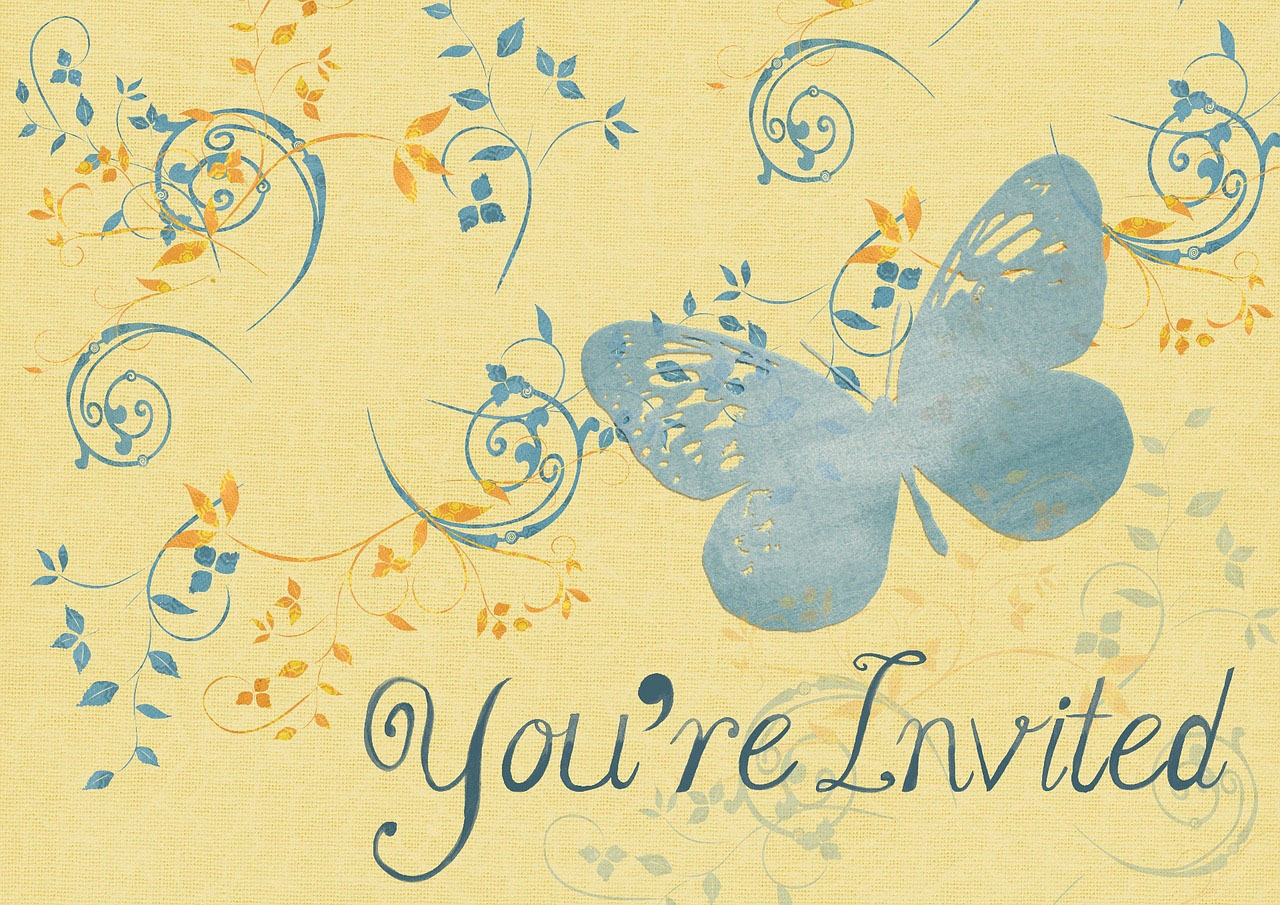Revised as of
16 Oct 2022
ARRRRGGGGHHHH! This is one of the worst word confusions! I hate this one, especially since it’s so easy to NOT make this mistake. What are you people thinking!
It makes me so nuts, annnddd I’m gonna get snarky here, so take this with a grain of salt.
Obviously you’re is a contraction. That apostrophe is a pretty big tip-off. So, what’s the rule about contractions? Replace that apostrophe with the letter it represents. In this case, it’s an a, which means you’re is you are. Nothing like your. Which has no contractions.
Your options are limited, and you are going to have to take my word for it, and suck it up, baby.
NOTE: Yore was added 22 July 2017 and refers to older times, usually with nostalgia.
| The Contraction for You Are | The Possessive Your |
|---|---|
| You’re next exam is scheduled for this Friday.
“You are next exam?” I don’t think so. |
Your next exam is scheduled for this Friday.
That makes sense. It is an exam you are taking, which makes it yours, and “your” is possessive. |
| I just voted for you’re photo.
No, actually “you are not a photo”. |
I just voted for your photo.
Well, yes, it is a photo of you, so it belongs to you. It’s “your” photo. |
| I hope you’re sure about this.
“You are sure”, aren’t you? |
I hope your sure about this.
It really isn’t possible to possess a “sure”. |
| I think you’re very smart.
“I think you are very smart” works for me. |
I think your very smart.
Um, maybe if the sentence were re-worded: “Your smarts are amazing.” Well, okay, it’s not a great sentence, but at least you are owning your intelligence. |
| I haven’t seen you’re sister today.
“You are sister”? Nah, I don’t think so. |
I haven’t seen your sister today.
Again, a possessive moment. She’s “your” sister, not his. |
| Remember to look both ways when you’re crossing the road.
“. . . you are crossing . . .” |
Remember to look both ways when your crossing the road.
When did you come to possess a crossing? |
Word Confusions . . .
. . . started as my way of dealing with a professional frustration with properly spelled words that were out of context in manuscripts I was editing as well as books I was reviewing. It evolved into a sharing of information with y’all. I’m hoping you’ll share with us words that have been a bête noire for you from either end.
If you found this post on “Yore vs You’re vs Your” interesting, consider tweeting it to your friends. Subscribe to KD Did It, if you’d like to track this post for future updates.
| Yore | You’re | Your |
|---|---|---|

Bathing Machine Gals was scanned by Infrogmation from an original card in his own collection and previously uploaded to en:Wikipedia 02:40, 18 July 2003. It is in the public domain, via Wikimedia Commons. — Women’s bathing suits in days of yore. |

You’re Invited by Artsy Bee is in the public domain, via Pixabay. — This is your invitation, and you are invited. |

Live Your Dream by Alexas_Fotos is in the public domain, via Pixabay. |
| Part of Grammar: | ||
| Noun
Plural for noun: yore |
Pronoun + Second Person Singular Simple Present Verb, to be = Present Continuous Verb | Adjective; Possessive Pronoun, a.k.a., Possessive Determiner
Your changes to yours if a noun does not follow the your |
| Noun: [Literary] Of long ago or former times (used in nostalgic or mock-nostalgic recollection) Time past |
Contraction for you are | Possessive form of you
Adjective: Of or relating to you or yourself or yourselves especially as possessor or possessors
Of or relating to one or oneself Used with little or no meaning almost as an equivalent to the definite article the Pronoun, possessive: Belonging to or associated with an unspecified person or people in general [Informal] Used to indicate all things or people of a certain type [Capitalized Your] Used when addressing the holder of certain titles [Early Modern English] Thy (Use before a noun beginning with a consonant or consonant sound; similar to using the indefinite article a.) [Early Modern English] Thine (Used before a noun beginning with a vowel or vowel sound; similar to using the indefinite article an OR when indicating that something is “absolute and understood”.) Yours Belong to or associated with the person or people whom the speaker is addressing, or to a person in general
Used in formulas ending a letter |
| Examples: | ||
| Usually used in the phrase of yore
In days of yore, we didn’t have cellphones. Or microwaves. Aye, ’twas a great empire in days of yore. “Like the soap operas of yore, Marvel has replaced major and minor characters in their films as necessary” (Goldstein). |
You’re going out, now?
You know you’re a nut, right? You’re losing weight. You’re the very devil, you are. You’re certain that’s how it goes? If you’re healthy, you’ve got it all. You’re the worst contestant ever. You’re how old? |
Adjective: Pay attention to your bodies. They’ll tell you when something is wrong. Your contributions are highly regarded. Jameson, your discharge should be through by tomorrow. When you face the north, east is at your right. She’s your typical teenager. Pronoun, possessive: Let’s go to your house. Is this thy first taste of freedom? The path is on your left heading north. This lotion is for thy head only. Your part-time worker is becoming a problem. Here is your actual automatic tin-opener. Is that your toy? Doesn’t it just break your heart? Is that yours? Yours truly, Up yours, buddy. The choice is thine. “Deny thy father and refuse thy name;” – Shakespeare, Romeo and Juliet It’s no business of yours. Mr. Smythe has sent me yours of the 15th inst. regarding the vacancy. Yours sincerely, John Watson Yours, Jim Lindsay Your Majesty Your Eminence |
| Derivatives: | ||
| Personal pronoun: thee, thou, ye, you | Second person singular pronoun: yourself, yourselves | |
| History of the Word: | ||
| Old English geāra, geāre is of unknown origin. | The first known use was in 1590. | Pre-900 Old English ēower, a genitive of gē, is of Germanic origin and related to the German euer. |
C’mon, get it out of your system, bitch, whine, moan . . . which words are your pet peeves? Also, please note that I try to be as accurate as I can, but mistakes happen or I miss something. Email me if you find errors, so I can fix them . . . and we’ll all benefit!
Satisfy your curiosity about other Word Confusions on its homepage or more generally explore the index of self-editing posts. You may also want to explore Book Layout & Formatting Ideas, Formatting Tips, Grammar Explanations, Linguistics, Publishing Tips, the Properly Punctuated, Writing Ideas and Resources, and Working Your Website.
Resources for Yore vs You’re vs Your
Apple Dictionary.com
Cogito. “The Basics of Shakespeare Pronouns: Thee, Thy, Thou, Thine, Ye.” Academia. 23 Apr 2022. Web. 16 Oct 2022. <https://academia.com.sg/basics-of-shakespeare-pronouns/>.
Goldstein, Rich. “The Coming Civil War: Iron Man Vs. Captain America 3.” Daily Beast. 19 Oct 2014. Last updated 14 Apr 2017. Web. n.d. <http://www.thedailybeast.com/the-coming-civil-war-iron-man-vs-captain-america-3?source=dictionary>.
Merriam-Webster: your
Pinterest Photo Credits:
Staunton Chess Set is Lee Daniel Crocker’s own work and in the public domain, while Klasslan on IT High School in Skovde is Kaj’s own work under the CC BY-SA 3.0 license; both are via Wikimedia Commons.


